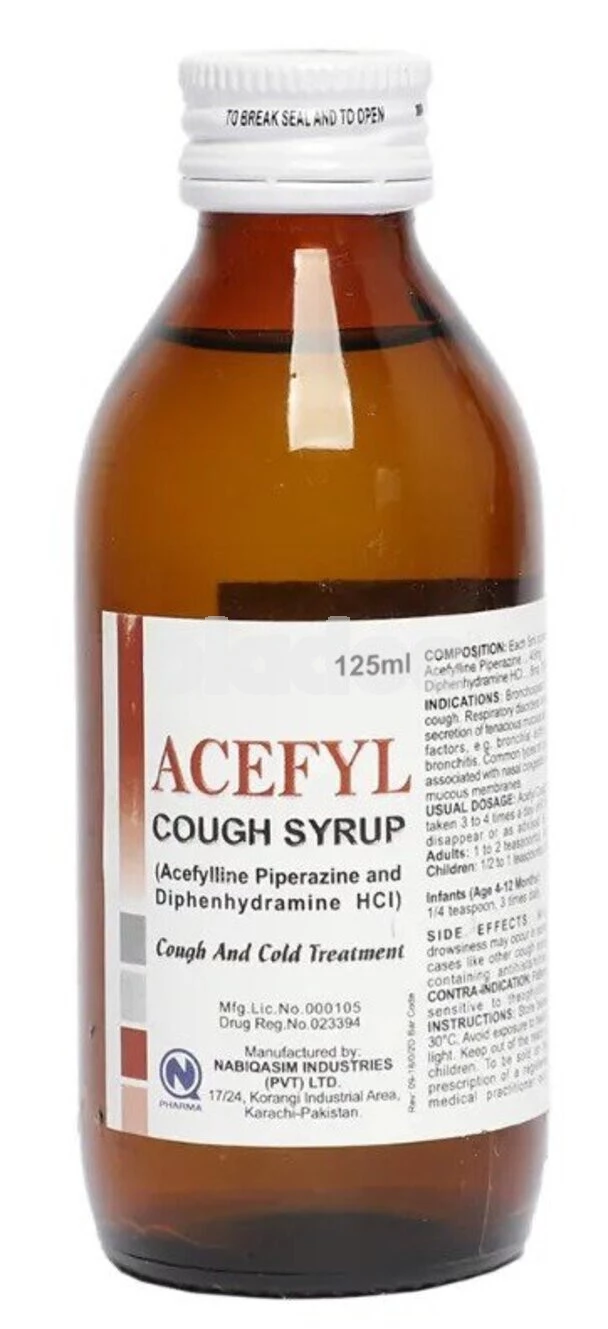It is a universally acknowledged truth that a luscious head of hair is rooted in a healthy scalp. Your scalp can be susceptible to various health conditions that might ruin your hair volume and appearance in the long run.
Read on to find out more about the 6 common scalp problems and how to treat them:
1- Dandruff:
Unanimously voted the most common scalp problem, these little white flakes are the result of out-of-control fungal growth, which feeds off scalp oil, causing a fast skin cell turnover. These skin cells clump together and mix with scalp oil and dirt to form ‘dandruff flakes’. It is not caused by dry skin or a reaction to certain products.
Treatment:
Dandruff can be controlled with regular use of anti-dandruff shampoos, preferably containing either coal tar, salicylic acid, zinc pyrithione or selenium sulfide. If the problem persists after a few weeks, consult a doctor who might prescribe a medicated shampoo.
2- Ringworm:
Unlike its namesake, it is a contagious fungal condition which is characterized by painful itchy and scaly patches, causing bald spots and hair breakage. Common in children, ringworm can also affect adults and is spread through sharing personal items and from cats or dogs in rare cases.
Treatment:
Oral medication and prescription-grade antifungal shampoos are usually used for about 12 weeks for effective results. Avoid transmission by not sharing personal items and discard infected sources to prevent reoccurrence.
3- Folliculitis:
This is a bacterial condition that causes follicle inflammation resulting in acne-like sore pus bumps throughout the scalp. Other causative factors include excessive sweating, irritation from shaving and heavy conditioners.
Treatment:
Use antibiotic medication to clear up mild outbreaks, while keeping the affected area clean, cool and dry, Radiation or surgery might be needed for extreme cases.
4- Seborrheic Dermatitis:
Characterized by itchy red patches or flakes with a greasy look and feel, it is most common in people with oily skin, psoriasis and acne. This non-contagious condition can also be brought about by stress and seasonal changes.
Treatment:
An anti-yeast shampoo called ketoconazole should be used early-on for effective elimination. Topical steroids might also be prescribed in more serious cases.
5- Scalp Psoriasis:
This condition can be identified by pink, scaly plaques and a silvery scale that are itchy, painful and prone to bleeding. Caused by an accelerated skin cell turnover, scalp psoriasis can affect people from both sexes irrespective of age.
Treatment:
Steroid creams or ointments and shampoos with coal tar or salicylic acid can be used to effectively control the condition, while oral medication or UV light therapy may be required for extreme cases.
6- Allergic Contact Dermatitis:
Using hair dyes containing Paraphenylenediamine (PDD) and certain shampoos are the major causes of ACD and result in itchy rashes due to scalp inflammation.
Treatment:
Avoid PDD hair dyes and use a topical steroid gel, cream or ointment for 2-3 weeks to reduce inflammation.
Despite treatment, if scalp problems continue to persist, do not hesitate to Book an Appointment with a Top Skin Specialist in Islamabad, Multan and Karachi and through oladoc.com. Or call our helpline at 042-3890-0939 for assistance to find the RIGHT Doctor for your scalp and skin care needs.










